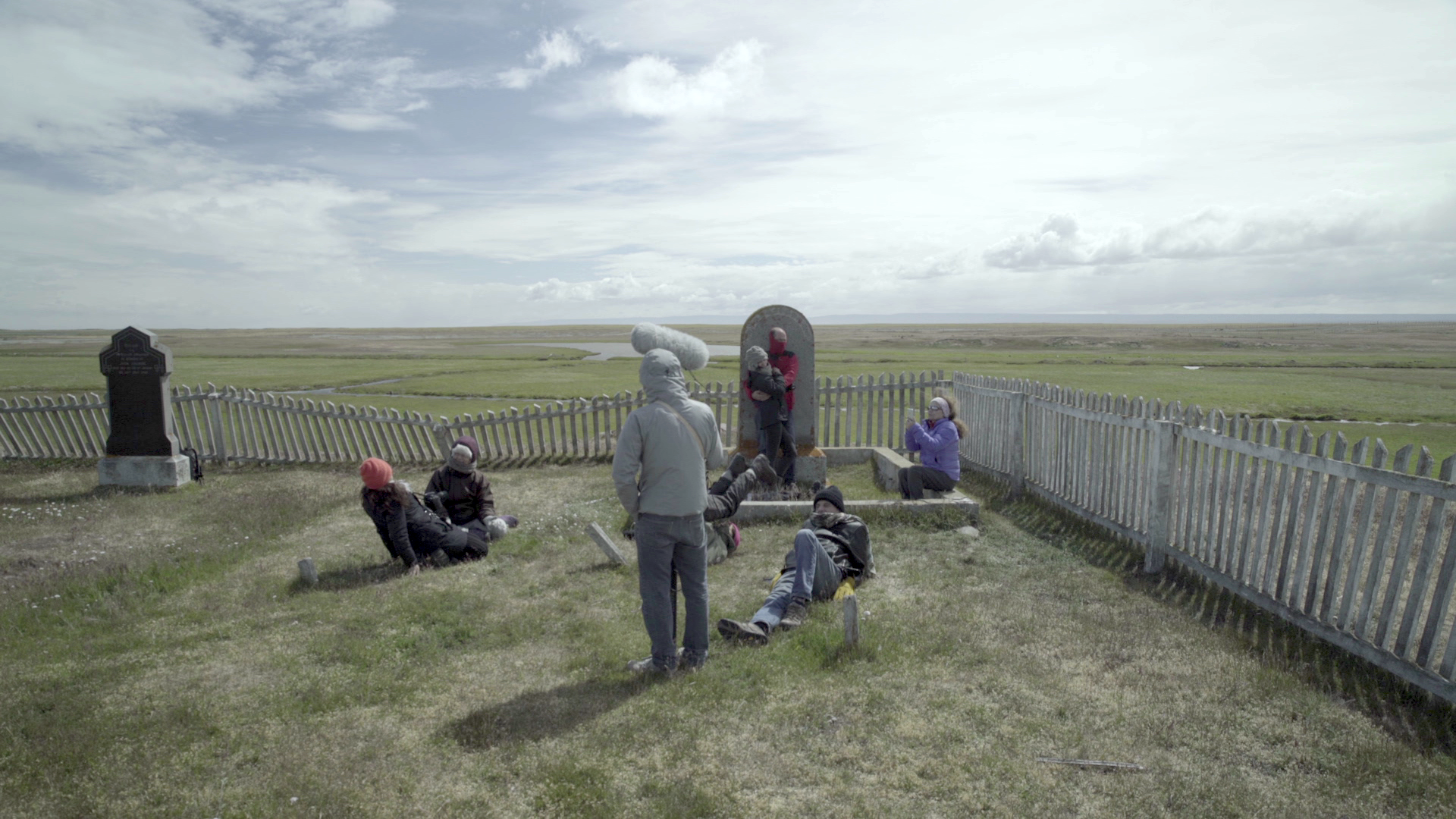Creative and reflexive writing workshop with
Camila Marambio, Monash University, Australia
Nina Lykke, Linköping University
QUEERING THE HAIN – DECOLONIALIZING MOURNING
An invitation to gather and ask the unthinkable
May 23, 2019, 10-15
Venue: Linköping University: Campus Norrköping.
Building: Kopparhammaren, Norra Grytgatan, Entrance 10A, Floor 2, room KO22.
Registration: Please register with name, address/affiliation and e-mail, at the latest May 20, to nina.lykke@liu.se (max 20 participants)

WORKSHOP FORMAT:
Through creative writing, listening exercises, and sharing of reflections, the workshop will question the Hain and other similar ceremonies, as they are understood through the anthropological material that represents them.
The workshop will take as a point of departure an introduction to the Hain, as it appears in the anthropological/ethnological literature, then move through stories told by descendants of those performing the last Hain in the early 20th century, and to the implied layers of “lostness” and the task of translation and decolonializing.
WHAT IS THE HAIN?
As described by Austrian ethnologist and Christian priest Martin Gusinde (1886-1969), the Kloketen-Hain is an initiation ceremony of the Selk’nam people of Tierra del Fuego. It is recorded as having been performed for the last time in 1923. Gusinde’s research was later revised by the anthropologist Anne Chapman (1922-2010) and her Selk’nam research participant Lola Kiepja (died 1966). Since the ceremony is no longer performed, it seems to have been “lost” as a lived spiritual experience. Anthropologists and ethnologists, most coming from colonial Western contexts, who have described ceremonies such as the Hain, often limit their description to the specific event (located in space and time) and from their situatedness in the outlooks of White Western Modernity.
SOME KEY QUESTIONS:
* If and, if yes, how, is it possible to “read/write/perform in-between the lines” of the descriptions, framed from the point of view of a specifically located white Western, colonial gaze?
* What kind of “readings/writings/performings-in-between-the-lines” can and can’t “we” (differently located workshop participants) perform
* Which tools and performative re/worlding practices can and can’t “we” collectively develop?
* What can “we” learn as well as unlearn from such processes of collective “reading/writing/performing in-between-the-lines”?
* Which kinds of ethical reflections does the process of generating new approaches to the Hain require and produce?
BACKGROUND
The workshop builds on Camila Marambio’s longtime fieldwork in Tierra del Fuego, as part of the nomadic research programme Ensayos and her PhD research in Curatorial Practice at Monash University, Melbourne, and on both authors’ joint work to organize ‘Queering the Hain-workshops’ (Melbourne, Australia, 2018, and Santiago, Chile, 2019), recently in collaboration with Hema’ny Molina Vargas, President of the Selk’nam organization Covadonga Ona (Corporación Selk’nam Chile, Comunidad indigena Covadonga Ona).
BIO-NOTES
Camila Marambio, is curator of Ensayos (https://ensayostierradelfuego.net/), and her work with the program has been represented in exhibitions and performances at the Kadist Art Foundation, Paris; the Institute for Art and Olfaction, Los Angeles; BHQFU, New York; Puerto de Ideas, Valparaíso; Festival Cielos del Infinito, Puerto Williams, CL; Kurant, Tromsø, NO; and Psi #22, Melbourne, AU. Currently a PhD Candidate in Curatorial Practice at MADA in Melbourne, Australia, Marambio received an M.A. in Modern Art: Critical Studies at Columbia University and a Master of Experiments in Art and Politics at Science Po in Paris; attended the Curatorial Programme at de Appel Arts Center in Amsterdam; and was Head Curator at Matucana 100 (Santiago, CL) and Assistant Curator at Exit Art (New York, NY).
Nina Lykke, Professor Emerita, Gender Studies, Linköping University, Sweden. Co-founder of Queer Death Studies Network, and Network for Ecocritical-Decolonial Research. Current research: queering of cancer, death, and mourning in queerfeminist materialist, decolonial and eco-critical perspectives; autophenomenographic and poetic writing. Recent publications: When death cuts apart, in: Juvonen & Kohlemainen: Affective Inequalities in Intimate Relationships. Routledge, New York 2018; Rethinking socialist and Marxist legacies in feminist imaginaries of protest from postsocialist perspectives. Social Identities. Journal for the Study of Race, Nation and Culture. 2018:24 (2). Making Live and Letting Die: Cancerous Bodies between Anthropocene Necropolitics and Chthulucene Kinship. Environmental Humanities. 2019: 11 (1): 108-136. Personal website: https://ninalykke.net
ORGANIZERS: The workshop is co-organized by Tema Genus and REMESO, Linköping University. Contact: Professor Nina Lykke (nina.lykke@liu.se), Tema Genus, and PhD student Asher Goldstein (asher.goldstein@liu.se), REMESO.